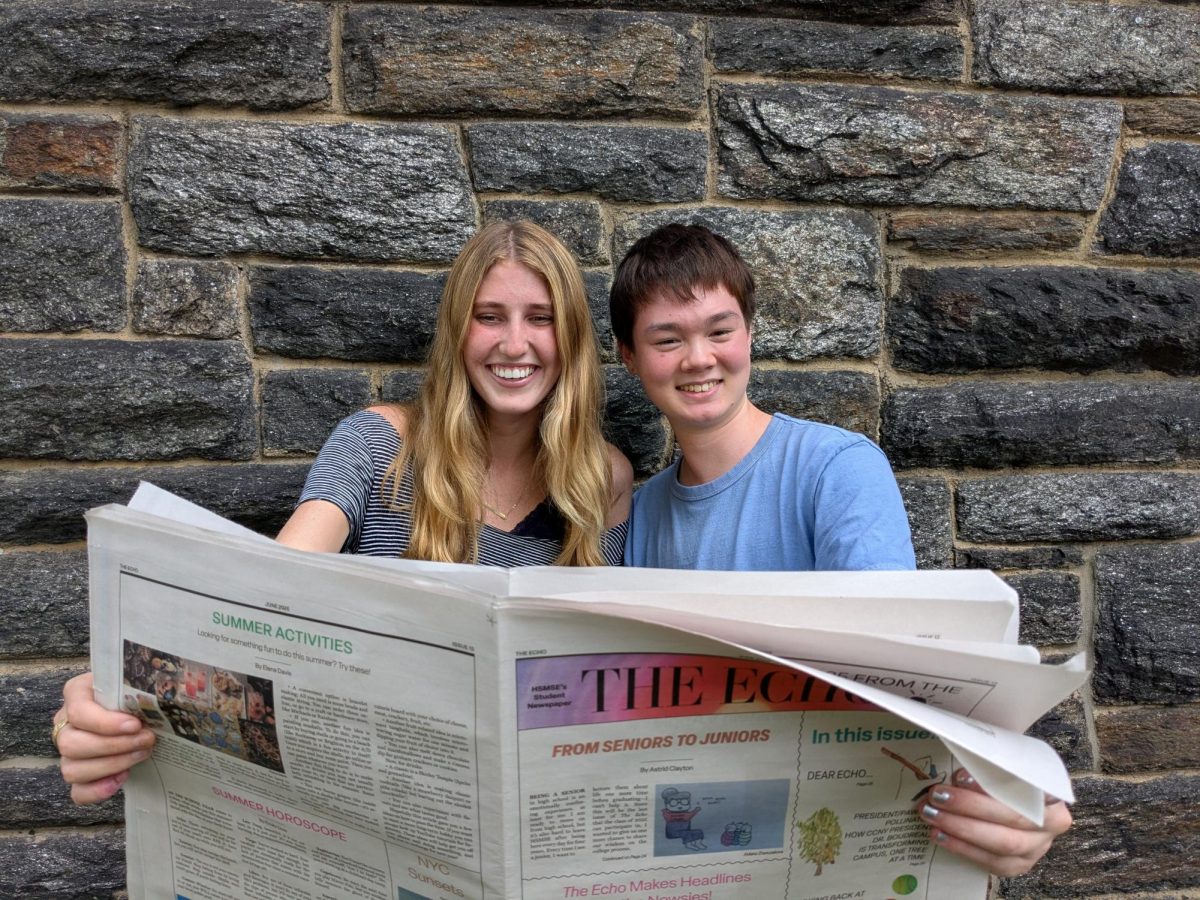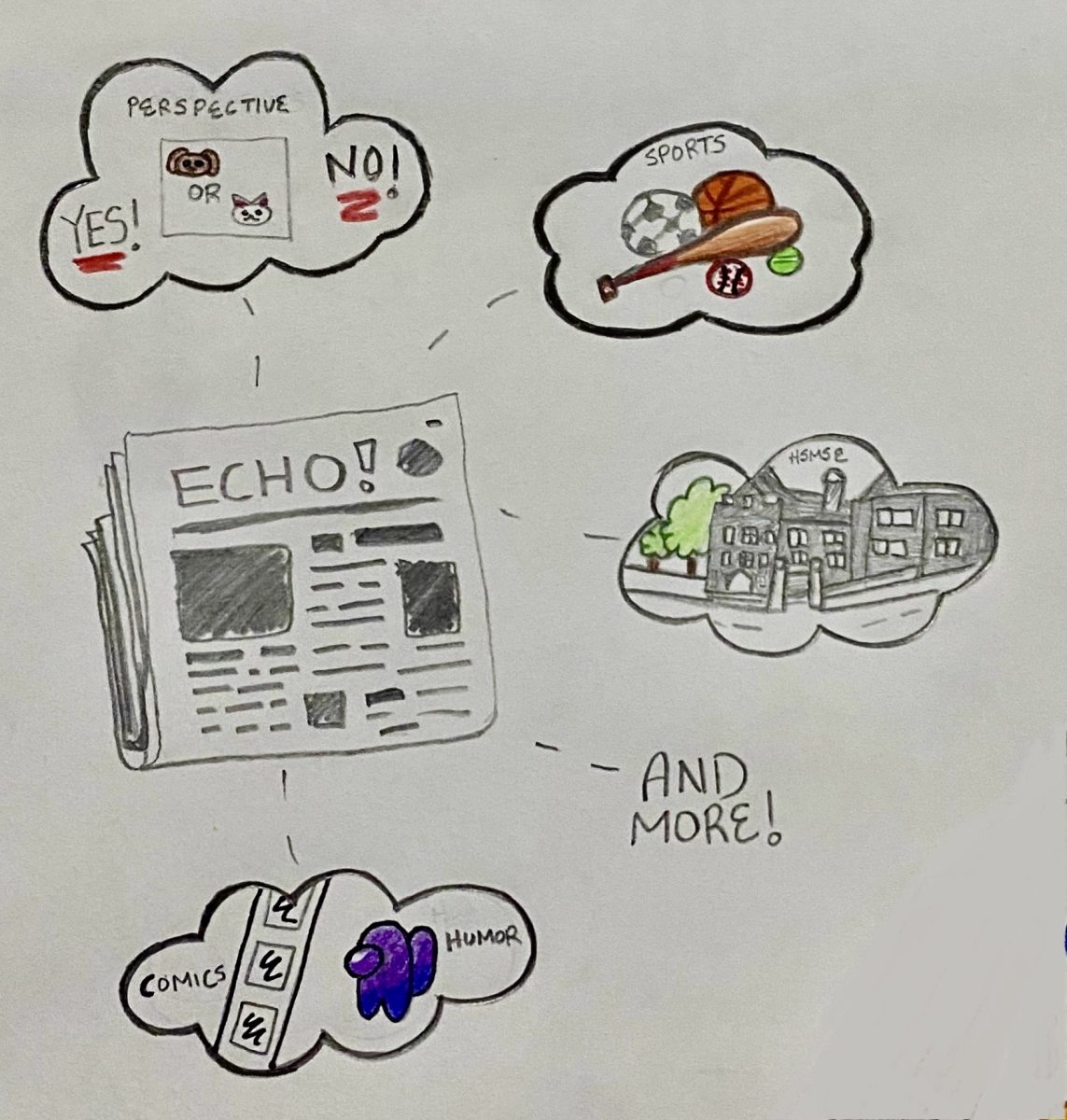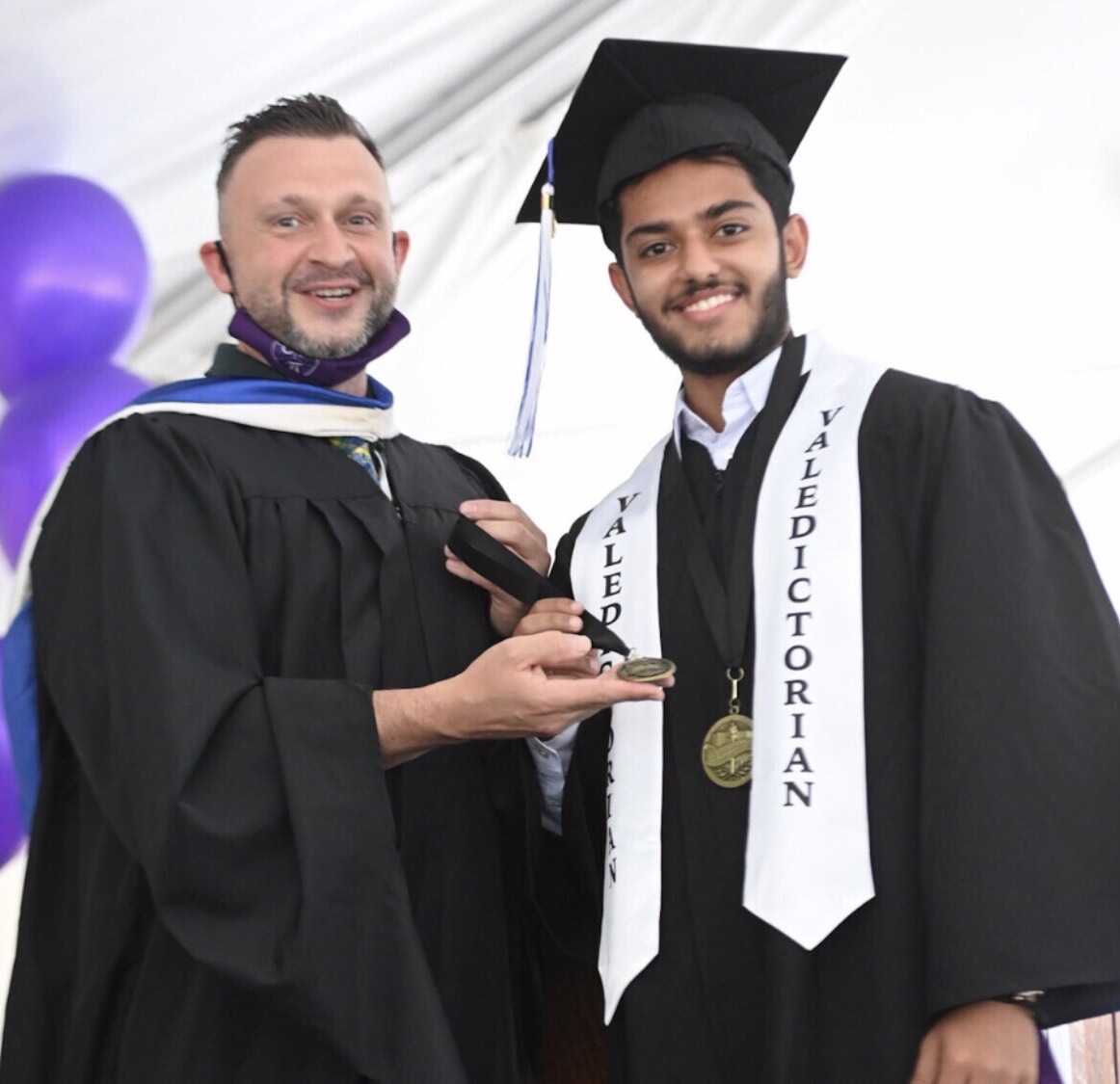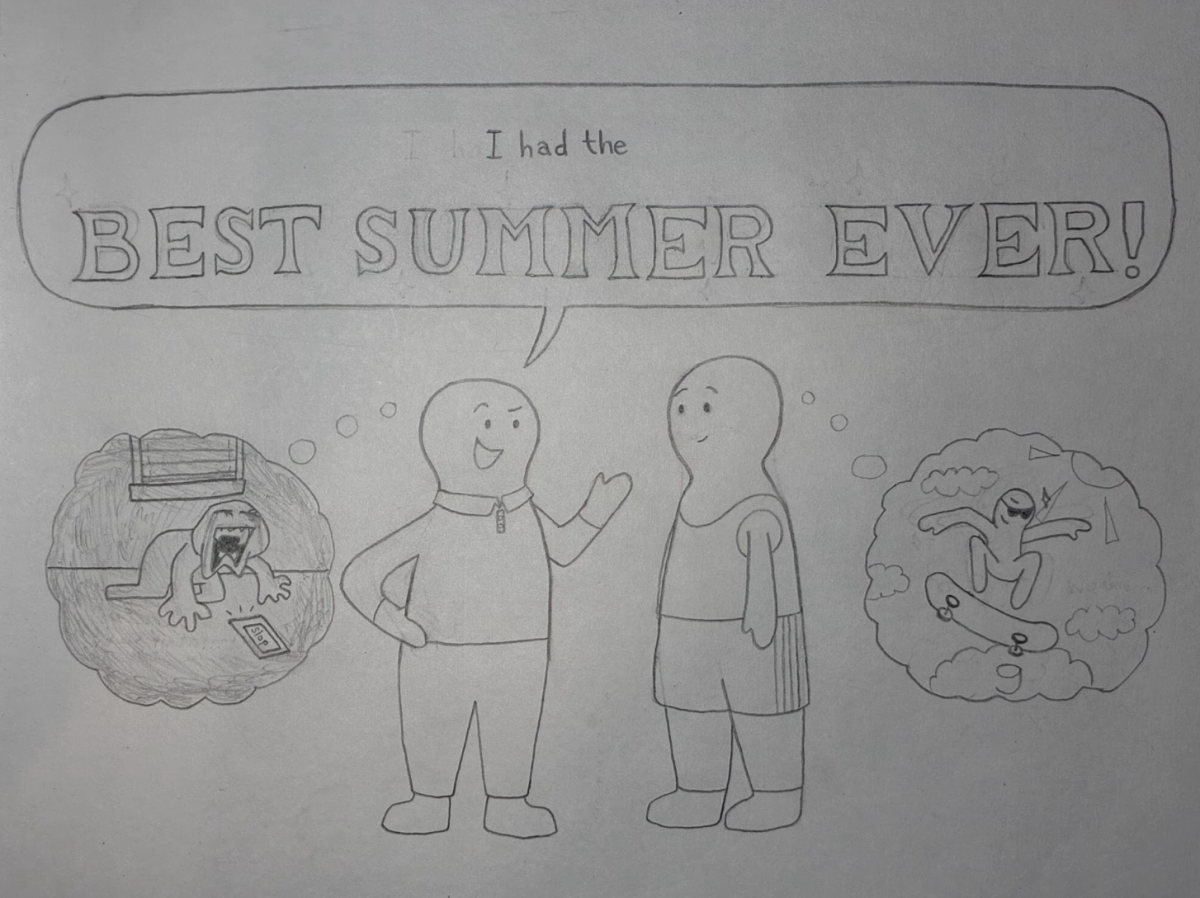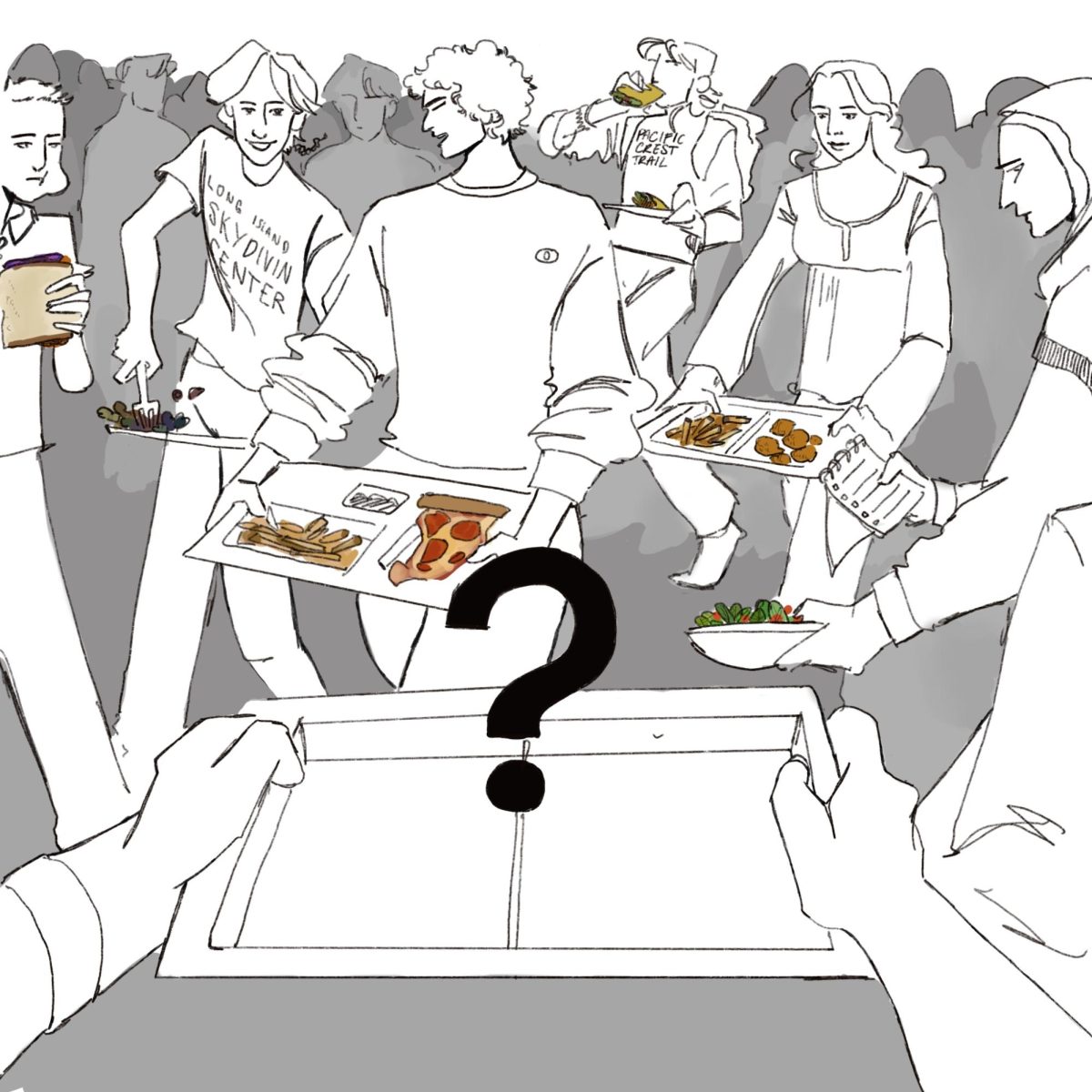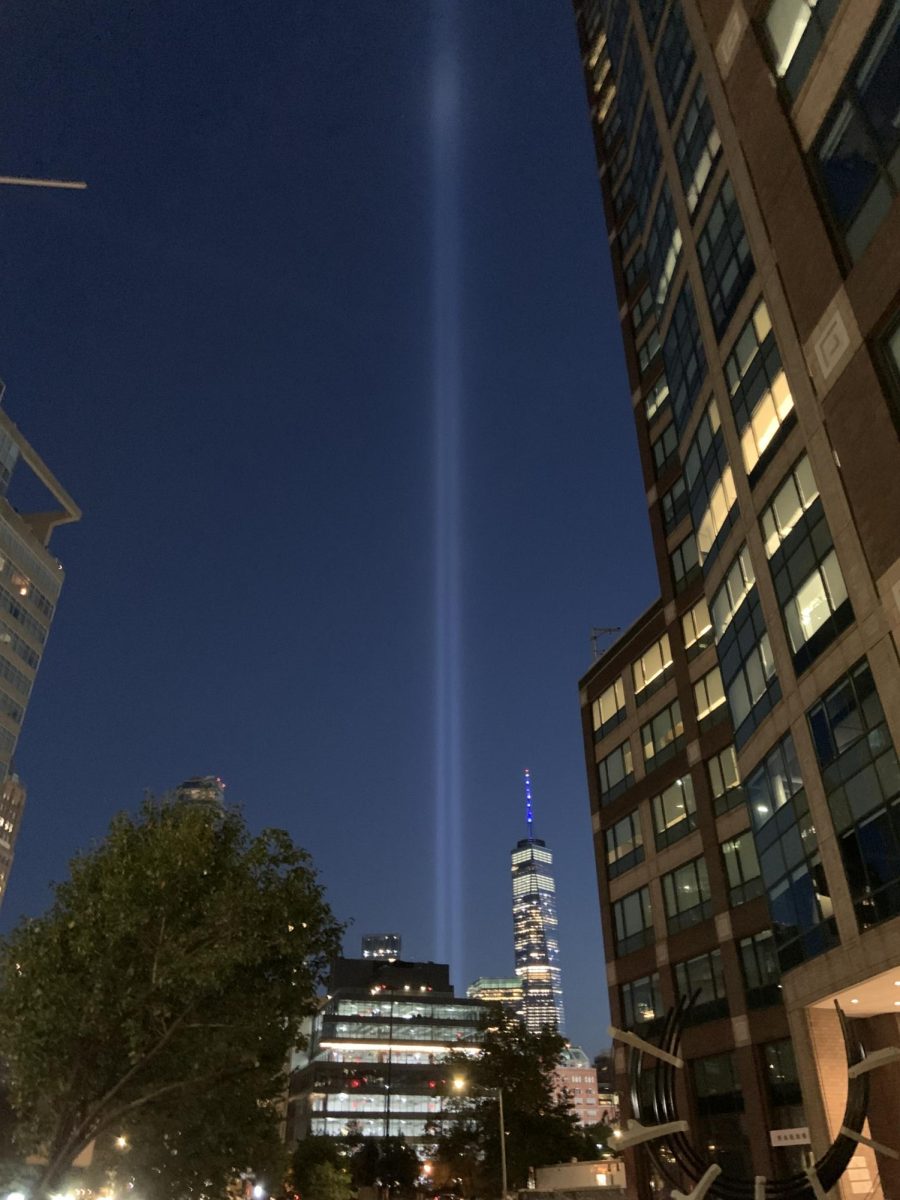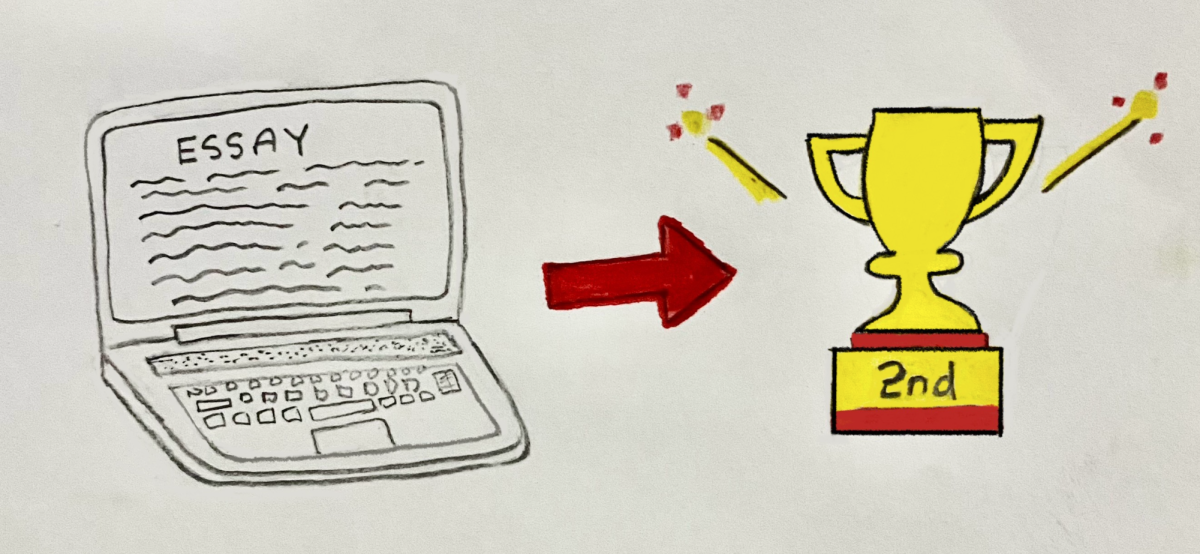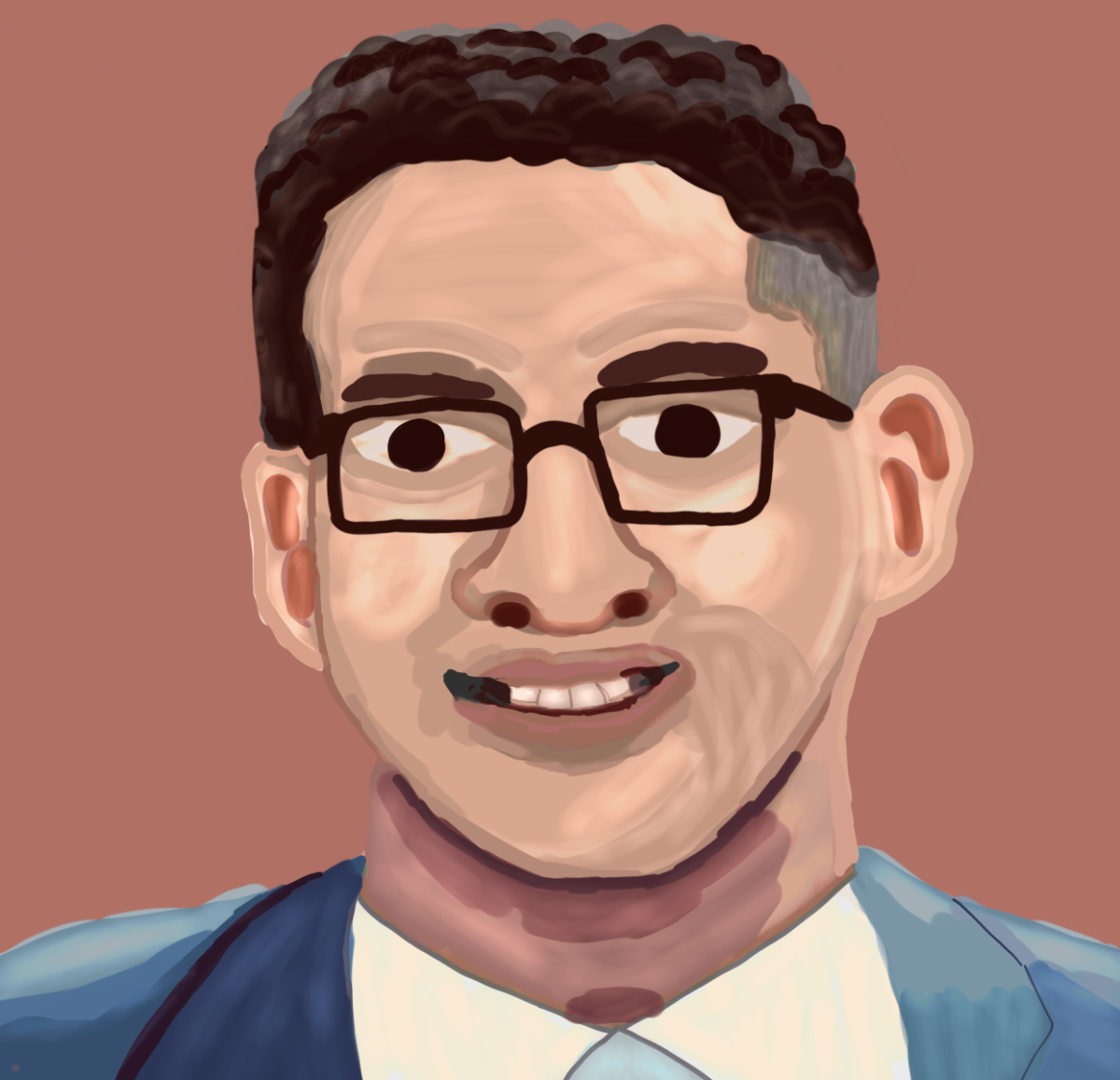Shaun Abreu is the City Council Member for the 7th District of New York City, which covers part of upper Manhattan and includes the area where HSMSE is located. I was recently given the exciting opportunity to interview Mr. Abreu and ask him questions from our school community. Now more than ever with the uncertainty and turmoil engulfing the country and especially New York, I feel that it is extremely important to look toward our elected officials, appreciate what they are doing well, and hold them accountable for their mistakes. That’s what journalism can do, whether it’s The New York Times or The Echo. With that in mind, I focused on questions that are relevant to the student body of HSMSE, especially regarding education.
This interview has been edited for brevity and clarity.
YZ: Thank you so much for agreeing to an interview with The Echo. Why don’t you introduce yourself to our readers?
SA: I am Shaun Abreu. I represent District 7 in upper Manhattan, the place I’ve known all my life.
YZ: What exactly is the City Council? What does it do? What are its responsibilities?
SA: The City Council is made up of 51 Council Members. We have legislative powers, which means we pass laws that impact everyday New Yorkers. We have budgetary powers—we oversee a budget of $115 billion and determine how those resources get allocated across different city agencies and city services. We also have the power to approve land use projects, which means we get to determine what buildings get built, how high they get built, [and] how many units get approved. All that gets negotiated. The other responsibility is that we have oversight powers: We conduct hearings in the Council to see how agencies and commissioners are spending resources that are allocated to them and [make] sure they are complying with the law.
YZ: As you may know, HSMSE is a specialized high school; [students] have to take the Specialized High School Admissions Test (SHSAT) to get in. It feels like every year there’s a new conversation [about] whether to reform the SHSAT, abolish it, or make some sort of changes. Would you support any changes to the current testing process, and if so, what might those look like?
SA: Testing is a very important metric for evaluating one’s ability to succeed in school, but I don’t think it’s the only metric we should rely on. I think report cards [and] people’s engagement in extracurricular activities are also important. I gotta tell you—I didn’t do very well in standardized testing for undergrad, and much less for getting into law school. I can tell you right now that my LSAT score had no bearing on my abilities in the classroom [or] my ability to pass the bar exam. I’m not sure exactly what the standard should be—I think testing should be a part of it, but I think that it should be broader than that. That would help broaden the constituencies that would be able to get [into] these very competitive schools.
YZ: The governor is currently proposing a plan for a new cell phone policy in New York schools that would require all cell phones to be put away during school days, including during lunch and study periods. What’s your opinion on the proposed plan, and would you like to see any changes before it is implemented?
SA: I’m not entirely aware of what the full plan is, but I think it’s very necessary to limit the use of phones inside of schools. We know the impact—we are all on our phones 24/7, we are addicted to social media [and] mindlessly touching different apps on our phones. We do this so instinctively, and that’s time that we can’t get back. If that time was invested in our education, I think that we would see improved outcomes inside the classrooms. But I’m also sensitive to the need of people needing to access their phones. This is a tough balancing act. Let’s say you’re a child getting deported. Who do you call? If you’re in a mass shooting, who do you call? I do think we can achieve a happy medium. Let’s find ways for kids to have enough access to phones to keep them safe, but limit access inside of the classroom in a way that is enforceable and realistic.
YZ: Staying on that theme, the mayor recently announced a new policy that would allow ICE to raid schools and other places that were previously off limits. A lot of students are wondering what that means for them, and how they will be affected by this.
SA: The truth of the matter is that we need to get rid of [Mayor Eric Adams]. He is so compromised. He is looking out for his self-preservation more than he is looking out for the best interests of New Yorkers. He is willing to sell out immigrants, families, in order to keep his case dismissed. The case can come back if the DOJ and Trump decide to bring it back, so now he is [working] on a short leash. He is going to try and stay on the president’s good side, which will result in a very intentional collaboration with ICE [and put] our city in peril. That’s why he needs to resign, or be removed by the governor. When we have a different mayor that will [actually] abide by the sanctuary city laws, that’s going to keep our city safe. The sanctuary city laws are very clear: You cannot coordinate with ICE. They have their own resources—the city is not supposed to be helping them do their jobs. Remove Eric Adams.
YZ: There’s been a lot of noise in Washington recently about potentially abolishing the federal Department of Education. [Note that this interview was conducted before President Trump officially signed an executive order on March 20 to do so.] How is that going to affect New York City schools and our students’ education?
SA: The Department of Education has the most sought-after research education arm in the country. That’s where the best ideas on education policy come from. So when you are dismantling education policy at the highest level of government, it will likely result in the best policies for education not making their way into our classrooms. For instance, the best way to teach our kids how to read is science-based reading. For a very long time, we relied on balanced literacy, which is reading between the lines and using pictures to teach reading. It wasn’t working, and the federal government decided to make the switch. Second, the [DOE] handles student loans, so what’s going to happen when student loans aren’t being processed? Who’s going to be there to answer those questions? The federal government also gives a lot of money to our [city’s] education system. It’s going to result in depleted resources coming to New Yorkers.
YZ: There was a relatively recent news story about a school lunch official who accepted bribes to place chicken tainted with plastic back on the school lunch menu. This particular official was arrested and sentenced to prison, but just the fact that this could happen is concerning to a lot of students. Are there any plans to reform the public school food system?
SA: We need to have more people verifying the quality of the foods. There need to be checks in place to prevent this kind of thing from happening. We also need to elevate our standards of food more generally as well—[make] sure our kids are eating food with a balanced system and we’re giving folks the best quality of food. I would also like to see more resources being given to the attorney general’s office and the DOJ to investigate this type of behavior.
YZ: A lot of our students primarily take the subway to school. With congestion pricing being implemented, and new funding being available for the MTA, a lot of students are wondering if there are any updates on the Second Avenue Subway.
SA: There were resources put into the Second Avenue Subway last year at the federal level. It remains to be seen whether the Republican-led House and Senate have the appetite for [continuing] that. Assuming that there will be an anticipated loss in funding from the federal level, we will have to rely on funding at the state level from Governor Hochul. It is very much a real plan; I’ll say that. The ultimate plan is for [the subway] to go all the way up [Second Avenue] to 125th Street, and then go westbound to meet up at 125th Street in West Harlem. [The plan is] to be done by 2050. I know that’s 25 years from now, but I hope it happens in my lifetime.
YZ: Thank you so much for joining us, Councilmember Abreu—it’s been great having this conversation. I know that people are really excited to hear from you and that they’ll really appreciate this. Do you have any last things to say?
SA: Go kick ass in school, and stay safe.









